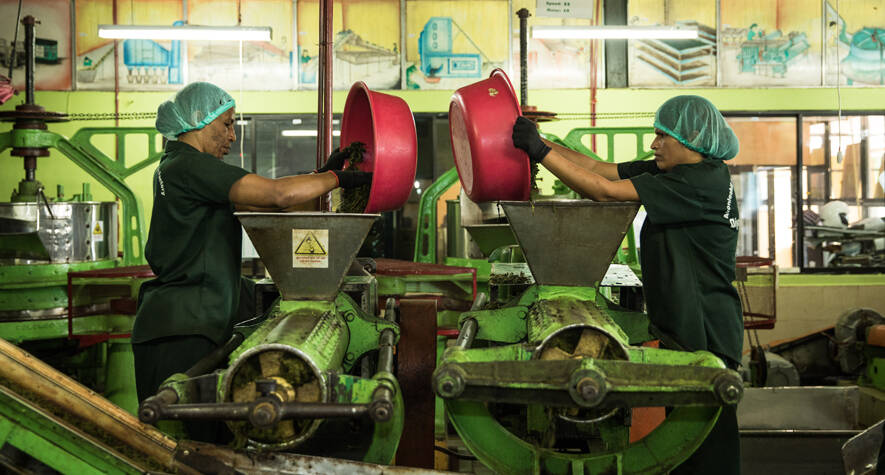Looking beyond the headlines – Is there plastic in your cuppa?
Plastics in the sea, straws, billions of unrecyclable coffee cups. 2018 has been the year of environmental sustainability…or at least that’s how it seems.
The tea industry has also had to go through a massive shift in production processes as more and more consumers have become aware of the impact that plastics are having on the world at large.
In our journey to be the # 1 brand in sustainability for people and planet at large, it is very important that we convert the packaging to sustainable sources. As part of this we’ve decided to change our packaging to be naturally bio-degradable/compostable as much as possible.
However, there’s obviously two sides to any story and hence we want to draw your attention to the fact that our decisions will be based on a life cycle impact assessment of materials before jumping in the ‘compostable’ band wagon.
Recently there has been a big move towards compostable tea bags, often produced using genetically modified corn. So while this move does solve the plastics issue, in our view, it actually creates other, potentially more serious issues.
This is for a number of reasons, including the long-term agricultural and environmental impact intensive GMO farming has on land, and the fact these materials may not be as compostable as they seem in all circumstances.
Our decision was therefore, to choose a GM free alternative that isn’t bio-degradable, but is recyclable, making it a better option in the short term.
In the long term we are working closely with pyramid material suppliers to develop a Non–GMO sourced biodegradable mesh and we are confident that this material will come to the market latest in 2019.
As a brand that advocates sustainability we also have to be mindful of the hundreds of small scale suppliers who depend on materials supply to us. Our conversion into more eco mediums will have to happen alongside them changing too as otherwise they lose their livelihood.
It’s a long-term strategy which means we are able to grow through true sustainability
